During the Renaissance, there was a significant buildup of personal wealth and abundance across Europe. The black plague had wiped out so much of the population that the surviving inhabitants had more job opportunities. Also, the supply of food was higher than the needs of the public, so those with income saw a decline in the price of food. At this same time, there arose a new social stratum of the merchant class. This new group had money from well-paying shipping employment driven by increased trade opportunities in the New World.
This newfound abundance gave people a break from their meager existence and their struggle for basic survival. They were allowed to catch their breath, look around, and for one of the first times in history, people were able to think, learn, and question the world around them. We are now entering a similar era of unlimited abundance that, combined with other factors, will trigger a global and lasting period of personal transformational and societal change.
As Yuval Noah Harari points out in his book Sapiens, A Brief History of Humankind, when we evolved from a Hunting and Gathering society to an Agriculturally based economy, many things changed. Control of land and the food supply was concentrated with a few, creating a Noble class. Those who owned the farming properties ruled, and they controlled the masses with the threat of scarcity. Food and land combined in a powerful way to create a working class that continually struggled in a world of limited resources.
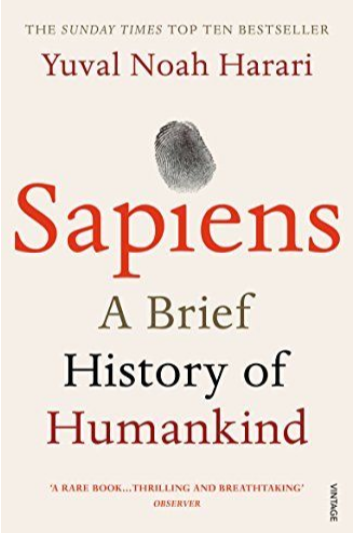
Much of an individual’s time and life was dedicated to earning money for basic food and survival needs. Do your work, don’t get sick, and if you were not enlisted to fight a war, you might get enough food for you and your family to survive.
The over-dependence on food made people subservient and often victims to those that controlled the land. It also built a mindset that peace of mind and satisfaction came from the outside. It became a world where having more was always better than the alternative. This scarcity mentality carried over into the industrial revolution where the factory workers became victims to the same scarcity lens of the world. As we moved to a consumer-based economy, advertising and marketing took hold as companies looked to differentiate in a world of excess. Today food and basic needs are not an issue for most people in the developed world, but the concept that acquiring external things and experiences is crucial to happiness still exists.
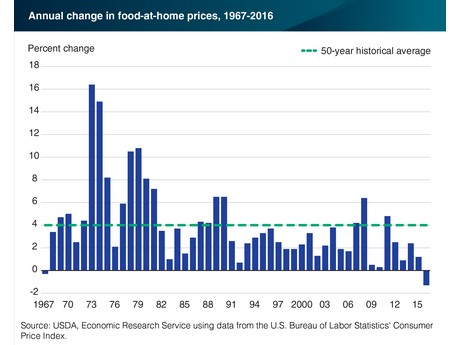
Although many of us don’t consider ourselves wealthy, relative to our ancestors and other times in human history, we live in an ever more abundant world. We are now entering into a similar era of extreme abundance of that of the Renaissance.
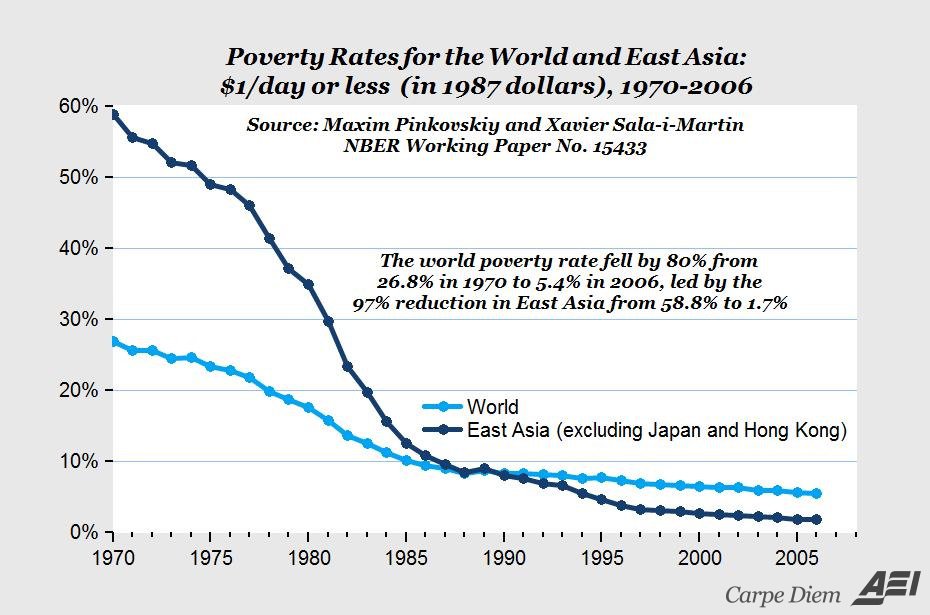
The rate of Abundance growth is accelerating due to the rapid advancement in technology. As Peter Diamandis and Steven Kotler point out in Abundance- The Future is Better Than You Think, technology makes what is scarce for common. The builders of the Washington Monument capped the prestigious top with Aluminum, a metal that at the time cost more than Gold. Technology advancement in aluminum refinement has made the price of aluminum significantly cheaper over time. In the future, the mining of meteorites may make rare earth metals much more commonplace. As technology advances at an ever accelerating pace, the world will be more abundant across all areas of life.
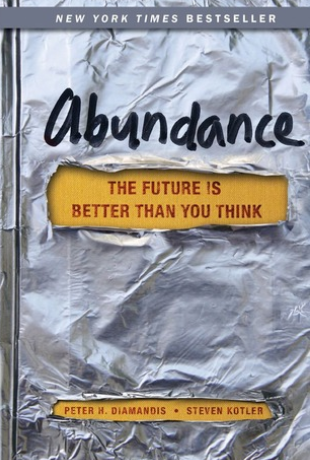
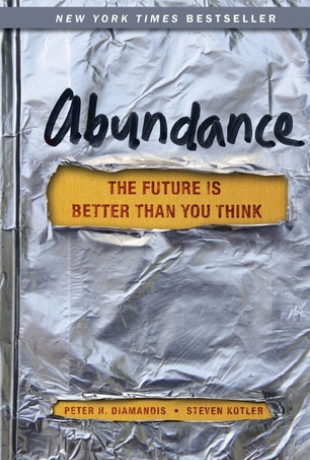
We are also reaching a breaking point of decreasing marginal utility. If you are walking through the woods hungry, naked and cold, the satisfaction of some food, clothing, and warm shelter is enormous. However, once these fundamental needs are met the incremental comfort of a fancy meal, fashionable clothes, and a luxurious home have a lower additional level of satisfaction. These luxury items may be 10X more expensive but offer a much smaller incremental level of comfort. More and more people realize that once the struggle to achieve the primary or even luxurious standards are achieved that there is no lasting incremental satisfaction or happiness with the latest new product or experience.
Much like the abundance era of the Renaissance, extreme wealth in our society is now driving people to question the scarcity view of the world. For many, this is triggering an existential journey into self-discovery that will soon launch millions of people on a quest for personal transformation. This overabundance of products and experiences will trigger a new Hero’s Journey Economy, where people revisit those same Renaissance-like passions with a focus on personal and societal improvement.

